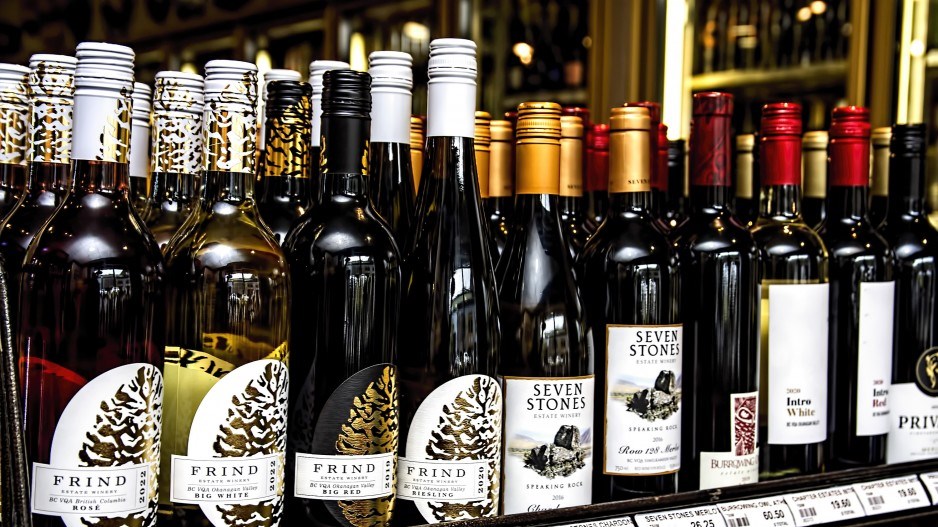Longtime moderate-drinking advocate, WineLaw.ca blogger, and wine-sector lawyer Mark Hicken has launched a lobby group that urges Canadians to not fear drinking alcohol in moderation.
He decided to form the Canadian Association for Responsible Drinkers after the Canadian Centre on Substance Abuse and Addiction (CCSA) earlier this year released proposed new alcohol-drinking guidelines for Health Canada to potentially adopt.
He views the CCSA recommendations on how much alcohol Canadians can safely consume as being unreasonably low, and he urges Health Canada to relegate the CCSA report to the trash heap.
CCSA recommends that Canadians drink significantly less alcohol than the current Health Canada guidelines, which were put in place in 2011, advise.
The CCSA says no amount of alcohol is safe to consume. It notes that there is a negligible-to-low risk to people who consume two standard drinks or less per week; a moderate risk for people who consume six standard drinks per week; and an increasingly high risk for people who drink more than six standard drinks per week. The health risks, it notes, are various cancers, heart disease and strokes.
The current Health Canada guidelines advise women to limit alcohol intake to two standard drinks per day, or 10 such drinks per week. The government department's advice for men is to consume no more than three standard drinks per day, or 15 standard drinks per week.
"I think the recommendations are contrary to common sense, frankly," Hicken said.
"I have friends and family, including my dad, who safely consumed in moderation throughout their entire lives. My dad is 85 years old now. I know lots of people in that category. I think that this new approach of advising two drinks per week is really misleading and confusing."
He said he fears that if Health Canada adopts the recommendations – which took two and a half years to produce, at taxpayer expense – it will lead to the general public viewing the Canadian government's alcohol recommendations as ridiculous, and then tuning out any advice the government provides on other important health issues, such as COVID-19.
The CCSA recommendations are in a report released in January, and come from a 22-member scientific panel comprised mostly of what Hicken calls "anti-alcohol" academics and public health experts.
"Life actually means you're assuming risk every day when you go out your front door," he said. "I might get run over by a bus or something might happen."
He said that people are aware that there is a risk of potential harm from being exposed to sun when walking down the street, riding a bicycle or travelling in a motor vehicle.
There are no government guidelines, however, that tell people to limit travelling in cars to a near-zero number of trips because of the potential harm of injury in an accident.
There are also potential positive benefits to drinking alcohol in social settings due to connecting with friends and potentially improving mental health, said Hicken, who the B.C. government hired in 2017 to chair its Business Technical Advisory Panel (Liquor Policy), which the next year released a set of recommendations to improve liquor policy in the province based on a final report.
"From a public policy perspective, I think the CCSA recommendations are wrong because what's going to happen is people are going to stop listening to the advice because it's so far out in left field," Hicken said.




